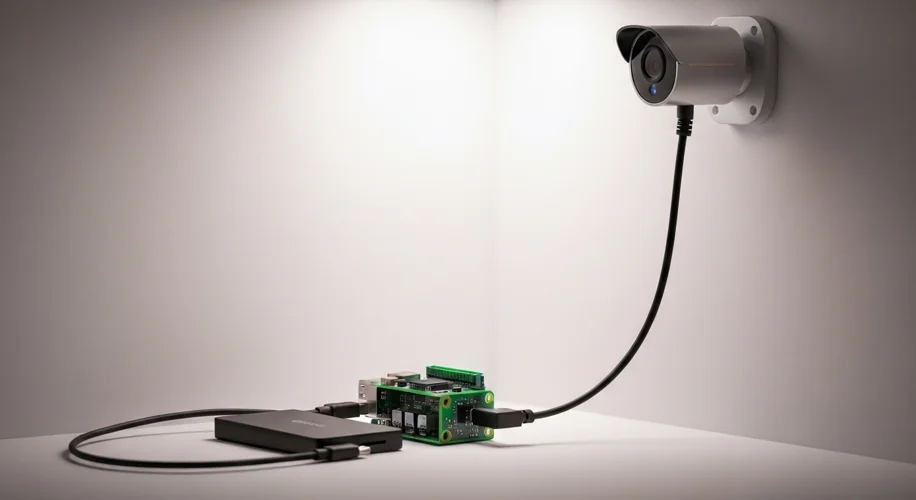I’ve always believed in having control over my own space, and that extends to my home security. Recently, I’ve been exploring ways to set up a reliable security camera system that keeps recordings local, without needing an internet connection. It’s all about privacy and ensuring my footage stays right where I want it – on my network.
Many people are looking for security solutions that record locally, especially with concerns about data privacy. The idea is simple: use Power over Ethernet (PoE) cameras that can send both data and power over a single Ethernet cable. This means no Wi-Fi to worry about and a more stable connection. The real magic happens when these cameras send their recordings to a dedicated device on your local network.
Think of it like having your own private DVR for your cameras. This device acts as the central hub, receiving the video streams and storing them. A key feature is automatic overwriting. When the storage fills up, the oldest recordings are automatically deleted to make space for new ones. This ensures you always have the latest footage without needing to manually manage the storage.
For those who enjoy tinkering, a Raspberry Pi is a fantastic option. You can set up software like MotionEyeOS or ZoneMinder on a Raspberry Pi to manage your cameras. These systems can detect motion, record footage, and store it on an attached hard drive. It’s a surprisingly powerful setup for such a small device, and it gives you a lot of flexibility.
If DIY isn’t your cup of tea, there are also plug-and-play Network Video Recorders (NVRs) designed for this purpose. These are often sold as bundles with cameras and are generally easier to set up. You connect the cameras to the NVR, and it handles the recording and storage. Many modern NVRs are designed to work offline, focusing solely on local network operation.
Setting up a system like this gives you peace of mind. Your footage is recorded, stored, and managed entirely within your own home network. It’s a straightforward approach to home security that prioritizes privacy and local control. Whether you go the DIY route with a Raspberry Pi or opt for a dedicated NVR, keeping your security footage local is an achievable goal for a more secure and private home.

